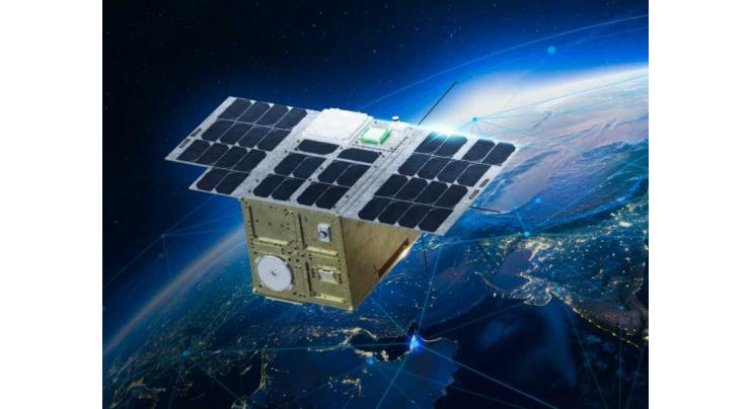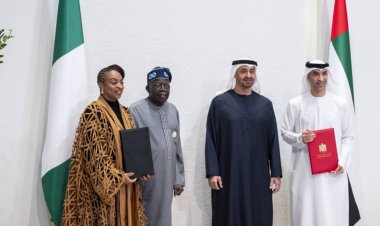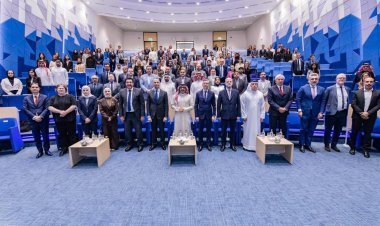UAE’s PHI-1 Satellite Ready for Launch on SpaceX Falcon 9

The Mohammed Bin Rashid Space Centre (MBRSC) has confirmed that PHI-1, the first modular satellite platform developed under the Payload Hosting Initiative, is ready for launch aboard a SpaceX Falcon 9 rocket. The mission, scheduled for November 19, will lift off from Vandenberg Space Force Base in California, USA, marking a significant milestone for the UAE’s growing role in global space cooperation.
Developed in partnership with the United Nations Office for Outer Space Affairs (UNOOSA) through its Access to Space for All initiative, PHI-1 carries payloads from the Bahrain Space Agency, Antarikchya Pratisthan Nepal, MBRSC, and the Sharjah Academy for Astronomy, Space Sciences and Technology.
Designed and assembled entirely in Dubai, PHI-1 represents a major step in expanding access to space by enabling countries to test and validate new technologies in orbit. Amer AlSayegh AlGhaferi, Assistant Director-General of the Aerospace Engineering Sector at MBRSC, said the mission reflects the UAE’s long-term vision: “PHI-1 reflects the UAE’s vision to create opportunities for all and contribute to a sustainable and knowledge-driven future in space exploration. By building this satellite in the UAE and working with partners worldwide through the Access to Space for All initiative, we are empowering the next generation of engineers and researchers.”
Highlighting the mission’s global significance, Aarti Holla-Maini, Director of UNOOSA, added: “As we prepare for the launch of PHI-1, we see the strength of genuine international cooperation. Through UNOOSA’s multilateral framework and the Centre’s technical capabilities, we are enabling new actors to bring their ideas to orbit and build their own programmes.”
PHI-1 is a 12U CubeSat, weighing up to 20 kilograms, with a planned operational lifespan of one year. The satellite will conduct a series of technology demonstrations aimed at advancing small-satellite systems and supporting research, training, and education in satellite engineering, mission operations, and data processing.
The mission carries several international payloads. The Bahrain Space Agency’s AMAN payload will test Advanced Encryption Standard (AES) protocols for securing satellite communications. Antarikchya Pratisthan Nepal’s LoRa Satellite System will evaluate LoRa technology in orbit, offering hands-on learning for young engineers. MBRSC’s New-Space Video Camera will capture high-definition imagery for Earth observation and technology verification. The Sharjah Academy’s student-built PCB sensor will measure temperature and orientation in space.
PHI-1 was fully designed, assembled, and tested at MBRSC’s facilities in Dubai, where partner teams participated in every phase of development. Once deployed into Low Earth Orbit (around 500 kilometres), the satellite will transmit data to the Centre’s Ground Station and Mission Control Centre for analysis and distribution among participating partners.
The launch underscores the UAE’s expanding leadership in creating a more inclusive global space sector one built on collaboration, capacity-building, and shared scientific progress. It also supports several UN Sustainable Development Goals, including Quality Education, Decent Work and Economic Growth, and Industry, Innovation and Infrastructure.























